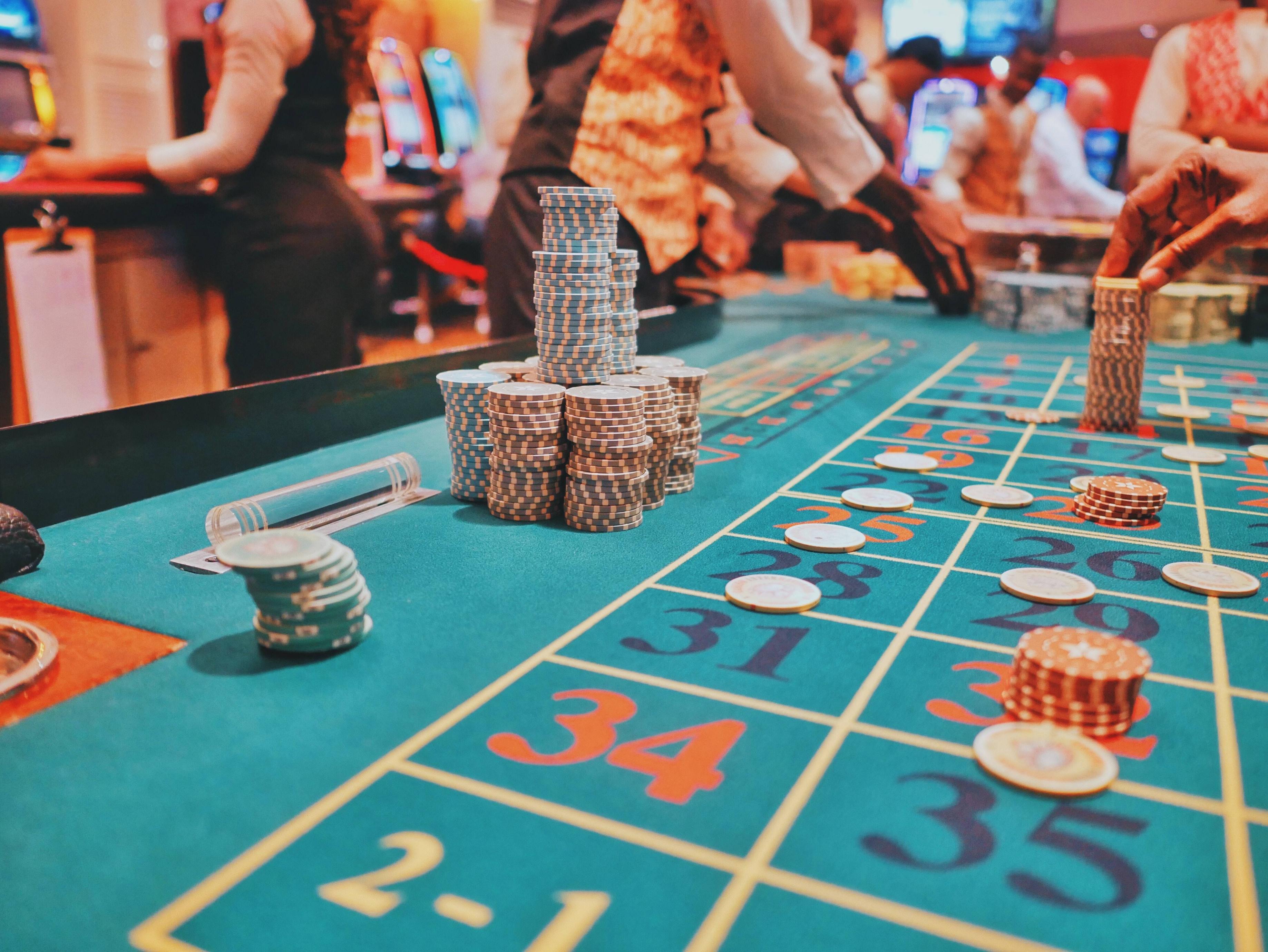Gambling is a form of self-soothing. People with this disorder often gamble to settle emotional problems, and they may lie to hide their habit. However, these individuals often spend time and money on this addictive habit, and they may even rely on others to fund their gambling. The severity of the problem depends on the person’s level of compulsiveness, but there are several things you can do to help yourself stop gambling.

Gambling is a major commercial activity in the world. In 2009, the legal gambling market was worth $335 billion. It can also involve materials of value. In a game of marbles, for example, the player may bet on the color of a marble. In Magic: The Gathering, a player may stake his or her collectible game pieces in the hope of winning. In many cases, the player’s collection will be at stake, resulting in a meta-game about the player’s collection.
While gambling is considered beneficial to society, the risks associated with it can be high. This can lead to problems for individuals and communities. Luckily, it can be a lucrative venture that attracts venture capital. In fact, statistics show that gamblers can increase their income by as much as 10 percent with no additional risk. But the cost of these risks is significant. If you’re wondering whether gambling is a problem, here are some things to consider.
In the United States, gambling is an extremely popular activity, and has been suppressed by law for almost as long. In the early 20th century, gambling was almost uniformly outlawed, leading to a rise in criminal and mafia activity. By the late twentieth century, however, attitudes towards gambling began to change, and the laws against gambling were loosened. In some places, gambling has become legal again. There are still a lot of misconceptions surrounding the activity, so the best way to learn more about it is to start with an educational experience.
Many Protestant denominations are against gambling. The Christian Reformed Church in North America and the Lutheran Confession both oppose it. Some of these denominations may be more open to it. The Christian Reformed Church in North America, for example, has a ban on gambling. As far as religion is concerned, most religions are in favor of gambling. Despite this, some religious groups still oppose the practice. Some of the Protestant denominations in the United States also prohibit the practice in their jurisdiction.
The act of gambling is an international commercial activity. In 2009, the legal gambling market in the United States alone was estimated at $335 billion. It is commonly conducted with materials that have value. For example, marbles players may stake marbles. Similarly, players of Magic: The Gathering may wager cards or collectible game pieces in order to win a prize. The resultant meta-game is a social phenomenon. And, in the United States, gambling is legal in many countries.